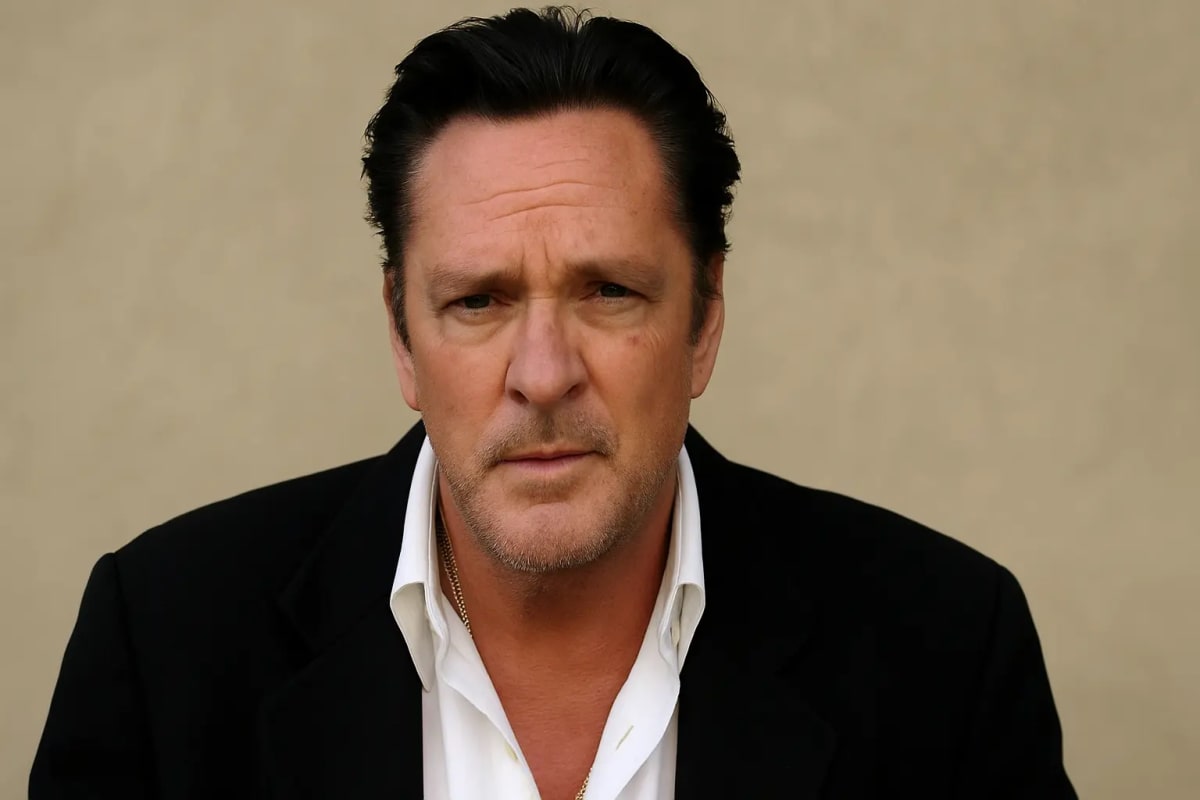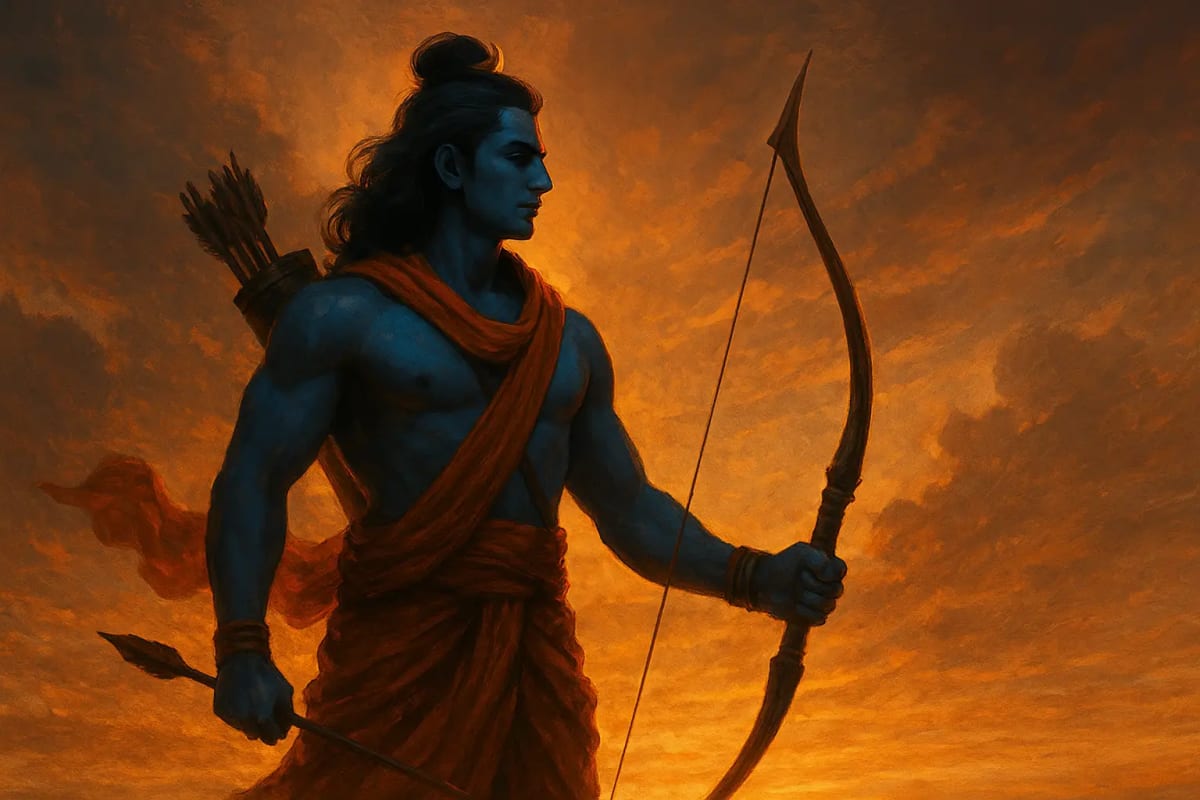
Michael Madsen: Hollywood’s Grit and Grace in One Frame
Explore the life and legacy of Michael Madsen, the unforgettable actor of Reservoir Dogs, Kill Bill, and more. A cinematic journey through his career and artistry.
News & Niche
In the golden shadows of American cinema, few actors embodied both the rugged outlaw and the poetic soul like Michael Madsen. With a voice as gravelly as a desert wind and eyes that spoke of stories untold, Madsen carved his place in film history not through flash—but through raw, unforgettable presence.
Born on September 25, 1957, in Chicago, Illinois, Michael Søren Madsen was the son of a filmmaker and a poet. His mother, Elaine Madsen, would go on to win an Emmy Award, and her love for literature and the arts deeply influenced Michael’s own creative spirit. Madsen’s early career began not with camera flashes but with dedication. He trained at the legendary Steppenwolf Theatre Company, founded by the likes of John Malkovich and Gary Sinise. This foundation gave Madsen not just acting skills—but discipline, depth, and emotional weight that would define his on-screen characters for decades.
Michael Madsen’s breakthrough came in 1992 when he played the psychopathic yet magnetic Mr. Blonde in Quentin Tarantino’s cult classic Reservoir Dogs. With that now-legendary “Stuck in the Middle with You” torture scene, Madsen became a symbol of cool menace in indie cinema. His collaboration with Tarantino continued in later films, most notably as Budd, the regretful assassin in Kill Bill Vol. 1 & 2, and again in The Hateful Eight, proving Madsen was not just a one-note performer—he was a storyteller in flesh.
What made Michael Madsen exceptional wasn’t just his voice, his build, or his signature sneer—it was his ability to make the supporting man unforgettable. He worked in over 200 films, including Donnie Brasco (1997), alongside Al Pacino and Johnny Depp; Thelma & Louise (1991), where he played the tender-hearted Jimmy; Sin City (2005), as Bob, a brief but weighty role; and Species (1995), where he stepped into the sci-fi genre with effortless grit. His roles often spanned genres—from noir thrillers and gangster epics to horror, science fiction, and even family films. But in every performance, Madsen brought a certain gravity—the kind that draws the camera toward him, even in silence.
Madsen wasn’t only a presence on screen—he was a voice actor, a writer, and a poet. In the video game world, fans revered his performance as Daud in the critically acclaimed Dishonored series, where his raspy voice gave life to a tormented assassin. As an author, he published several books of poetry, including Burning in Paradise, American Badass, and Expecting Rain. His poetry, much like his acting, blended themes of solitude, rebellion, and redemption—written in a voice unmistakably his own.
Art ran in the Madsen bloodline. His sister, Virginia Madsen, is an Academy Award-nominated actress known for her work in Sideways and Candyman. The siblings remained close throughout their lives, often supporting each other's careers publicly and privately. Michael was also a father of five sons, including actor Christian Madsen, who followed in his father’s footsteps into the world of cinema.
Michael Madsen passed away on July 3, 2025, at the age of 67. But his legacy endures—not just in the cult classics he helped define, but in the emotion, grit, and authenticity he brought to every performance. His final projects included indie films like Resurrection Road, Cookbook for Southern Housewives, and a memoir titled Tears for My Father: Outlaw Thoughts and Poems—a fitting title for a man who lived life on his own terms but never stopped seeking beauty in its chaos.
In a world often drawn to glitter and perfection, Michael Madsen reminded audiences that imperfection is power. He portrayed men who were broken, battered, complex—but always human. His characters might have lived on the fringe, but they were never caricatures. They were real, raw, and alive. Michael Madsen didn’t chase the spotlight. He became the shadow that defined it
